‘Unhinged and hysterical’: We asked the experts if Albo can make China like us again
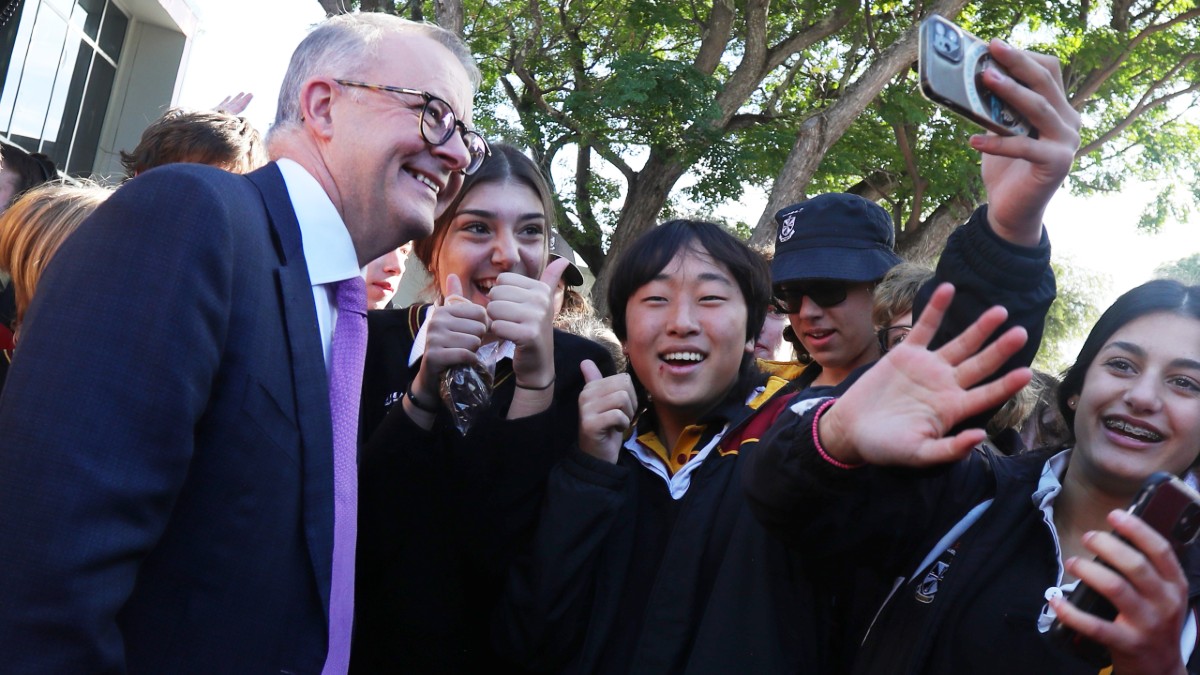
Via Lisa Maree Williams/Getty Images
New Inner West Prime Minister Anthony Albanese had a big day on Monday.
He’s got another big one today.
After getting sworn in as Prime Minister No. 31: Greatest Country on Planet, the humble bumbler from Marrickville jumped on the Royal Australian Air Force’s current Special Purpose Aircraft (a leased Boeing Business Jet operated by No. 34 Squadron RAAF) flying out to stride onto the world stage at the Quad summit in Japan where US President Joe Biden and the leaders of Japan and India, and the shadow of China await.
And now that President Biden, during a press briefing with Japanese Prime Minister Fumio Kishida in Tokyo, has just offered a gaffe-flavoured “yes” to the long strategically ambiguous question – would the United States military defend Taiwan from Chinese invasion? – it is certain to be a long day for a new PM with a target on his back.
Yesterday, with trusty plucky FM Penny Wong in tow, Albo, as he is affectionately known by the weak, weary and downtrodden around the globe paused only to say that his Greatest Country on Planet’s relationship with China would remain “a difficult one.”
Oh Albo. If you only knew.
“It is China that has changed, not Australia,” Albanese told the gathered press in the new, 2022 bipartisan approach to bilateral blame.
“Australia should always stand up for our values – and we will – in a government that I lead,” the new PM continued, clearly determined to use one of his first Prime Ministerial sentences to dive headlong into the brewing geopolitical shitstorm from whose bourne no traveller returns.
China ties: Beautiful one day, mad as a cut snake the next
Current relations with our largest trading partner, it must be said, are at something of an historical low point, in the words of China’s Aussie expert of the moment, Chen Hong, thanks largely to the wanton squander of the Morrison clique.
Scott Morrison’s infamy as a dishonest and guileful politician, not only within and outside his Liberal Party but also on the international arena, has smashed up his political credibility as a reliable leader for the country.
Ouch. More from Chen in a moment.
The refusal to bend the knee by consequent Liberal governments – and the political capital that’s come with it – has seen an infuriated China already wield the full might of its considerable economic clout – imposing trade barriers on key exports from coal, beef, wine, barley, through to lobster and timber.
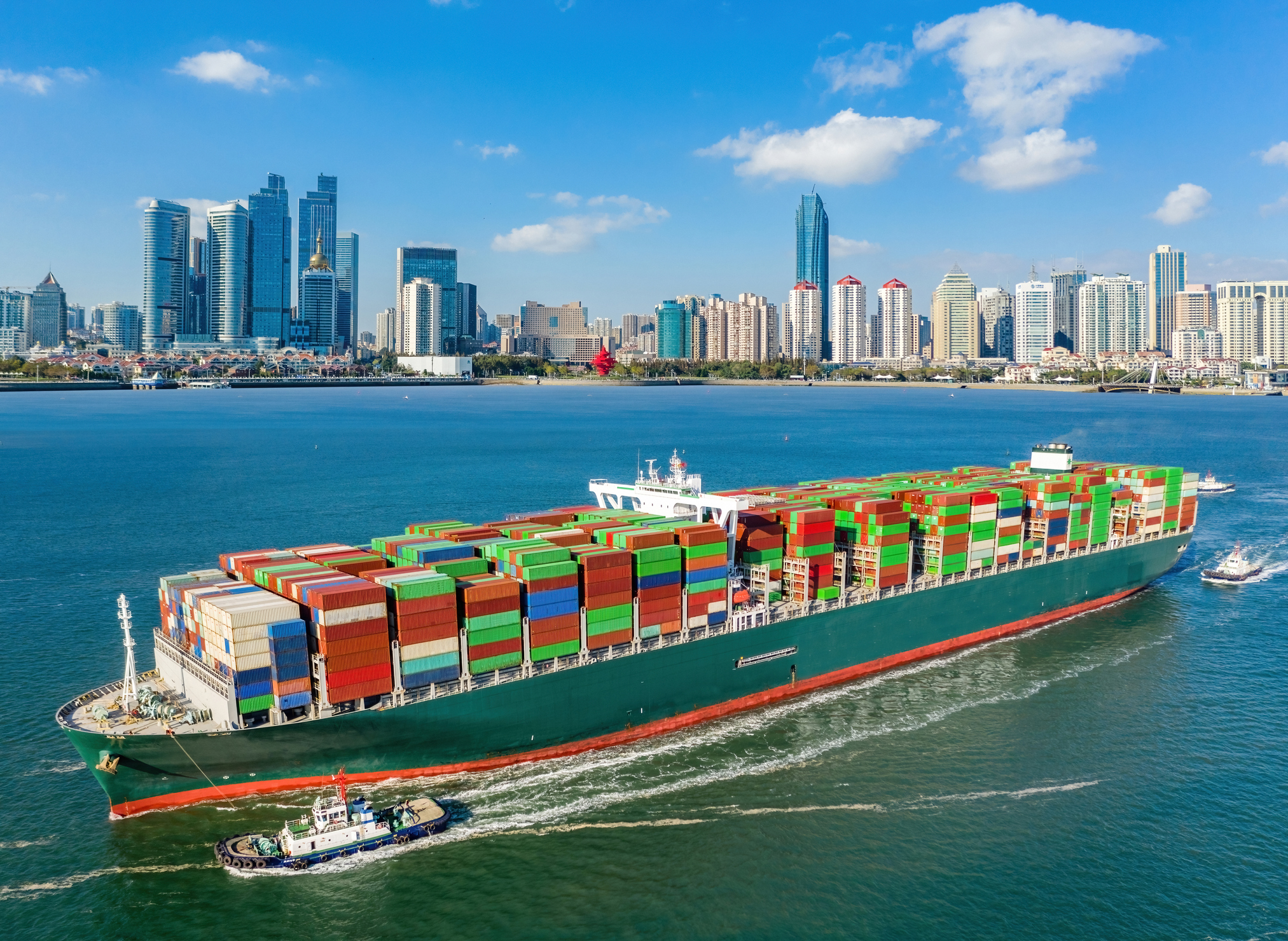
And while we’ve managed to diversify pretty well into new markets, the difference by industry and to the wider economy are real – and a challenge for the new government.
The value of Aussie wine exports for example has fallen by more than quarter from upwards of circa $2 billion to well under $1.5 bn over the last year alone.
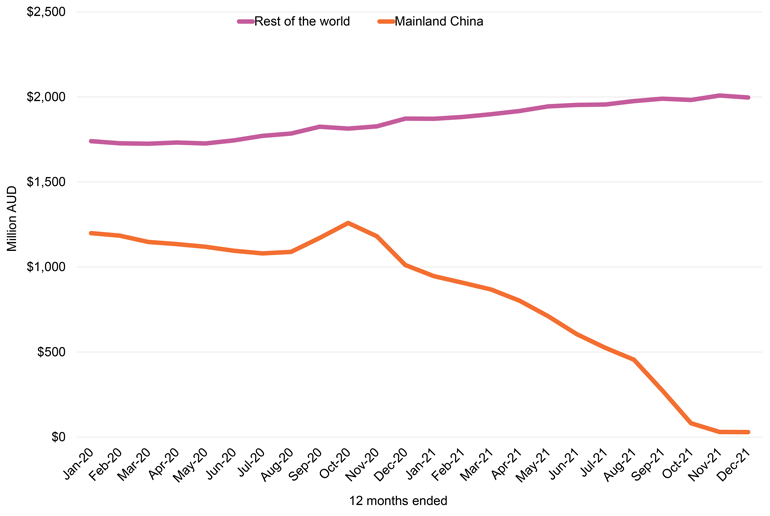
It’s thought the hole in annual wine exports left by the world’s No 2 economy is about $850 million per annum.
Our GDP is less than a tenth the size of China’s, so these kind of economic tactics deployed by the Chinese Communist Party not only helped to solidify a China-cautious political consensus which has now crossed party lines, it also galvanised public opinion.
In a concise and astute observation in the run up to the federal election over the weekend, the Global Times, China’s Communist Party tabloid voted most likely to give readers PTSD, seven years running, put it this way:
The China-Australia relationship has deteriorated sharply in recent years as a consequence of Australia’s unhinged and hysterical foreign policy.
While everyone knows Australian international relations have flourished under a foreign policy platform of unhinged hysteria, the question facing the diplomatic duo of Panthony this morning is a simple one – does the paradigm shift of a new Labor Government offer the tantalising prospect of a fresh start – even a reset of ties with China?
And to save you the trouble of reading on through a piece that, while quite well-written (if drawn out and a little too easily distracted from it’s main theme), I can reveal to you now that the answer across the board is generally a resounding no.
Pretty much everyone we spoke to – and everyone else writing, screaming or just thinking about it – reckon the change of government won’t do a thing for a briefly incredible trade relationship, nor a sadly evaporating friendship.
Not being Scott
Professor Chen Hong, one of the leading voices on Australian studies at Shanghai’s East China Normal University, told the SCMP that the historic electoral win – for someone with Albo’s obvious paucity of talent – straight up proves, “the total failure” of Ex PM Scott Morrison’s approach on China.
Chen, once Bob Hawke’s translator and only last year rewarded for 30 years of dedicated Australian study by getting his visa cancelled on security grounds, told the SCMP that Albo’s “lack of experience” when it comes to “diplomatic affairs” may in fact turn out to be a cunning advantage.
The audacity of Albo’s sheer naivety might even “offer the possibility [of improving ties],” Chen said, in what some might see as a thinly disguised sleight to both the country’s new leader, everyone, and the old leader, who by implication was so bad that even an ignoramus in Kirribilli would make things look up.
Chen has first hand experience himself, when it comes to understanding the blunt edge of recent Australian diplomacy. And he is not a fan of its descent into madness.
The Chinese foreign ministry accused Australia of “barbaric and unreasonable acts” and of displaying “superiority, hypocrisy and double standards,” during the tit-for-tat visa canceling and expulsion of journalists and academics in September 2020. Chen was one of the tats and must feel sorely abused at the hands of the country he has striven to both understand and share with China since the 1980’s.
Of course Australian citizen and ex journo Cheng Lei, in Chinese detention since August last year following a secret investigation and equally opaque arraignment which Beijing promises is about national security, would likely share Chen’s frustration.
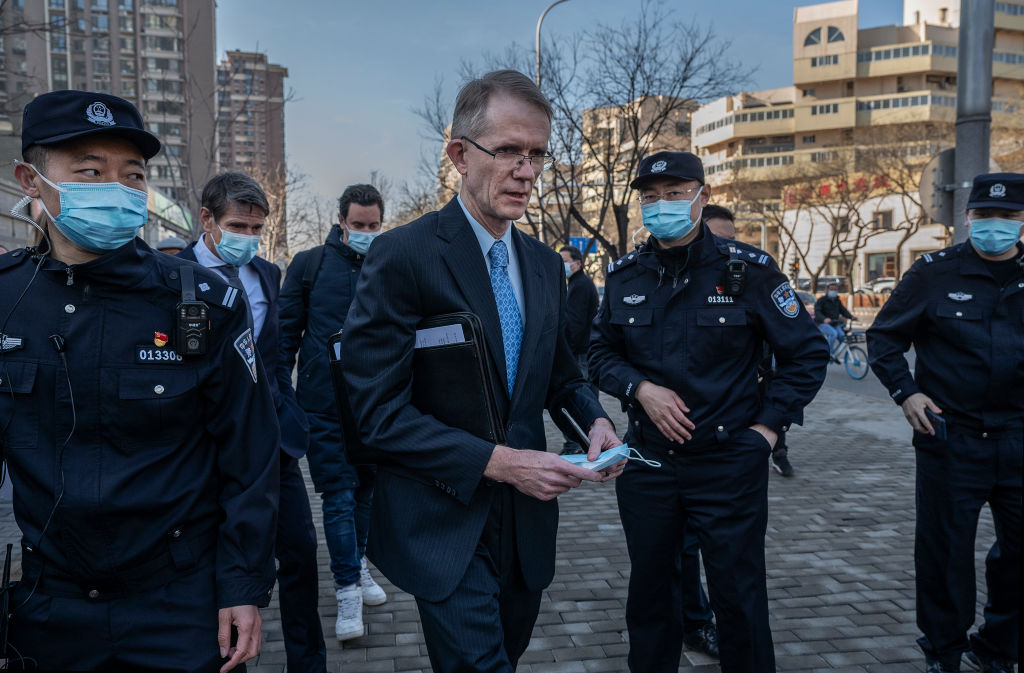
“Both Albanese and Penny Wong have suggested that they should not be provocative and hostile towards China, for which we see a possibility of the new government being rational,” Chen said. “In this regard, I hope their rational attitude will be reflected in their new roles.”
It’s not quite a light at the end of the tunnel, but it is certainly a tunnel.
You’re history, Scott
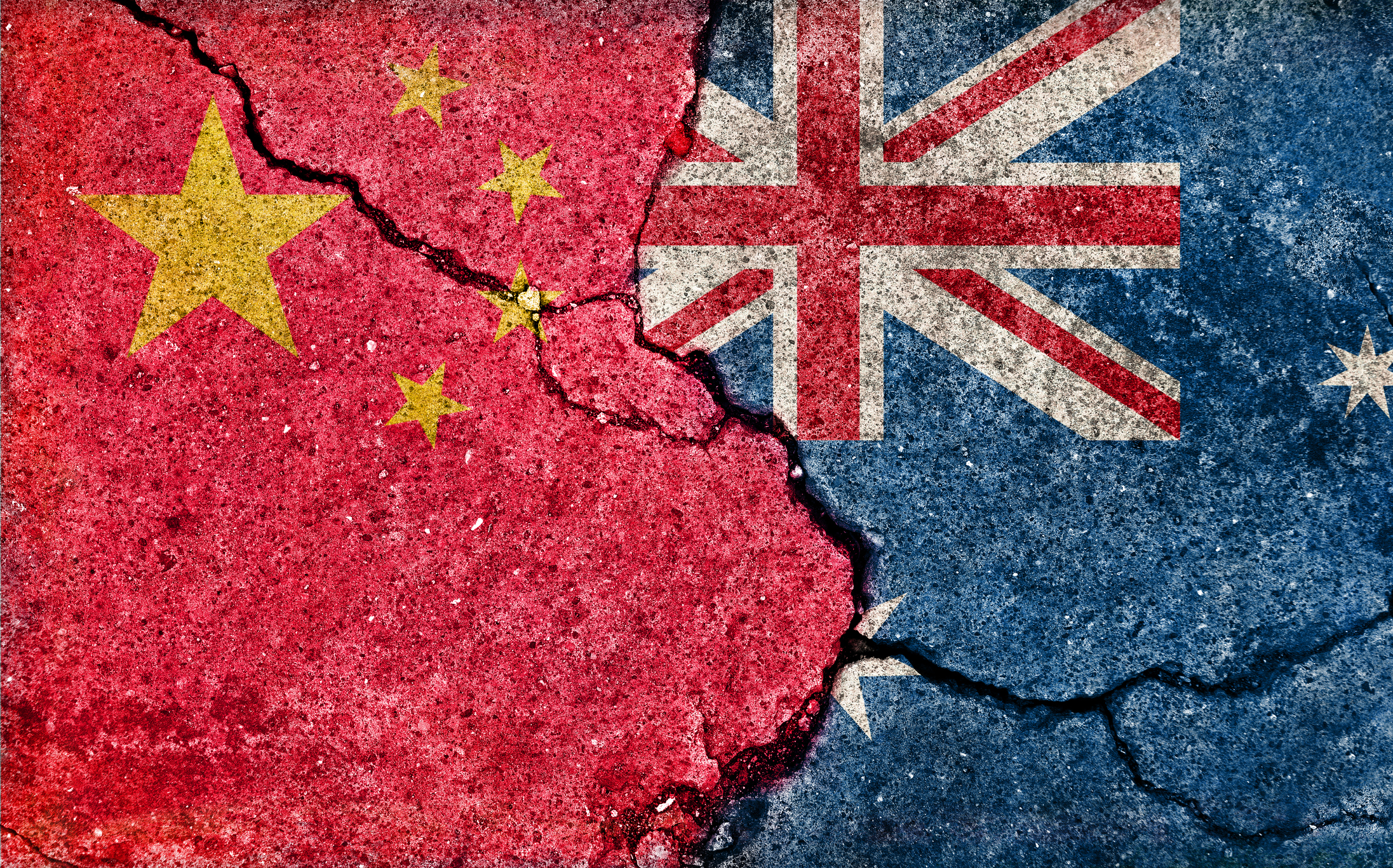
Zhou Fangyin, professor at Guangdong’s Research Institute for International Strategies, told Asia’s best newspaper of the previous century, the now Beijing-obedient South China Morning Post that at the very least a new government can try to get rid of the stench the last one left behind.
“Albanese’s victory is an opportunity to improve ties, but it is still hard to say how he will deal with it … At least it provides an opportunity to get rid of the burden of history.”
Things are disintegrating here so badly, Zhou says Albo will be softer on China than the last guy because he really needs China to grow the economy.
“To alleviate social problems and advance economic growth, it is necessary to improve relations with China.”
On the South China Sea, human rights, AUKUS, Five Eyes intelligence-sharing and the Quad, Zhou says Australia would remain the same.
But added it’d be good if the new government could “aim fewer accusations” at Beijing.
“If Albanese is smart enough, he might try to be less provocative about China, which can help improve ties,” Zhou said, referring to the burden of history.
And even a glass-half-full kind of chief economist, like AMP Capital’s head of investment strategy Dr Shane Oliver, said, and here I’m paraphrasing: re-set, schmee-set.
“While this may see a bit more dialogue its not clear as to whether it will make a big difference. A reset was also possible after Joe Biden took over as President but nothing really changed.
Exante Data’s head of Asia-Pacific Grant Wilson says don’t be silly Doc. (He didn’t)
“It is too much to expect a reset in the current international environment,” he did say that though.
“President Xi also has the National Party Congress to contend with toward the end of the year, and the summer summit in Beidaihe before then,” Wilson said.
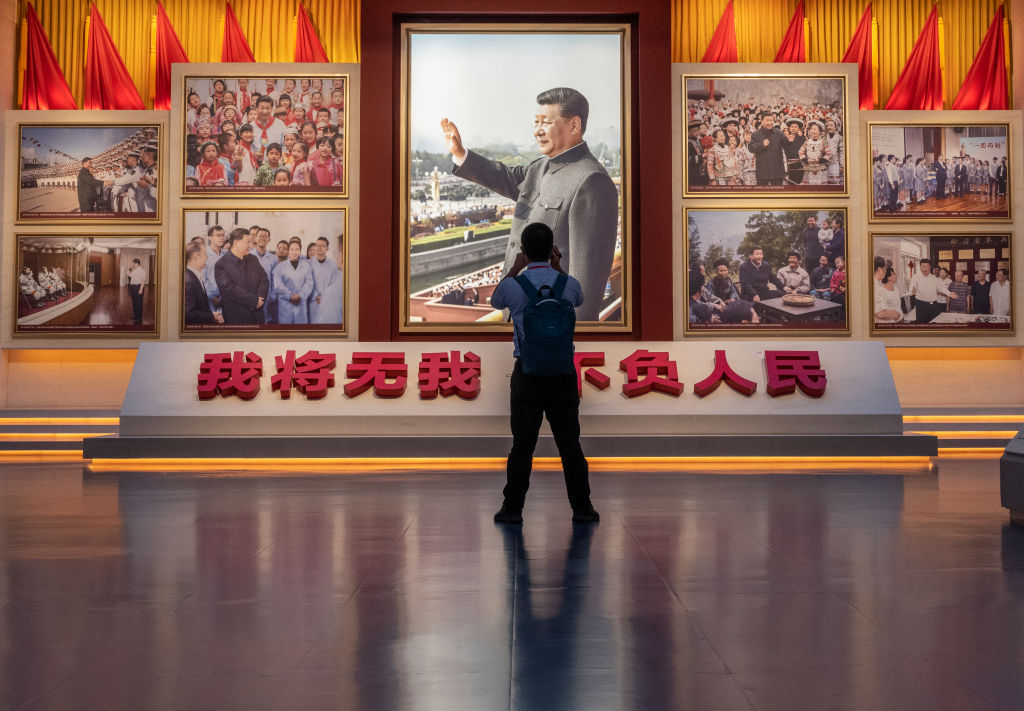
With autumn coming, omicron abroad and the clock to NPC3 ticking, President Xi is busy defeating COVID-19 ahead of his play for an unprecedented third term in power. So ’till then it’ll most likely be nothing but spectacular Xi-asserting television specials broadcast to perhaps the most captured audiences ever.
“Still, the ALP has an electoral incentive to consolidate the big swing against the Coalition in seats with a high proportion of Chinese speaking voters, especially with Peter Dutton set to assume leadership of the opposition. And there is a broader national interest in stabilising and then improving bilateral relations from a very low starting point.”
“A soft touch”
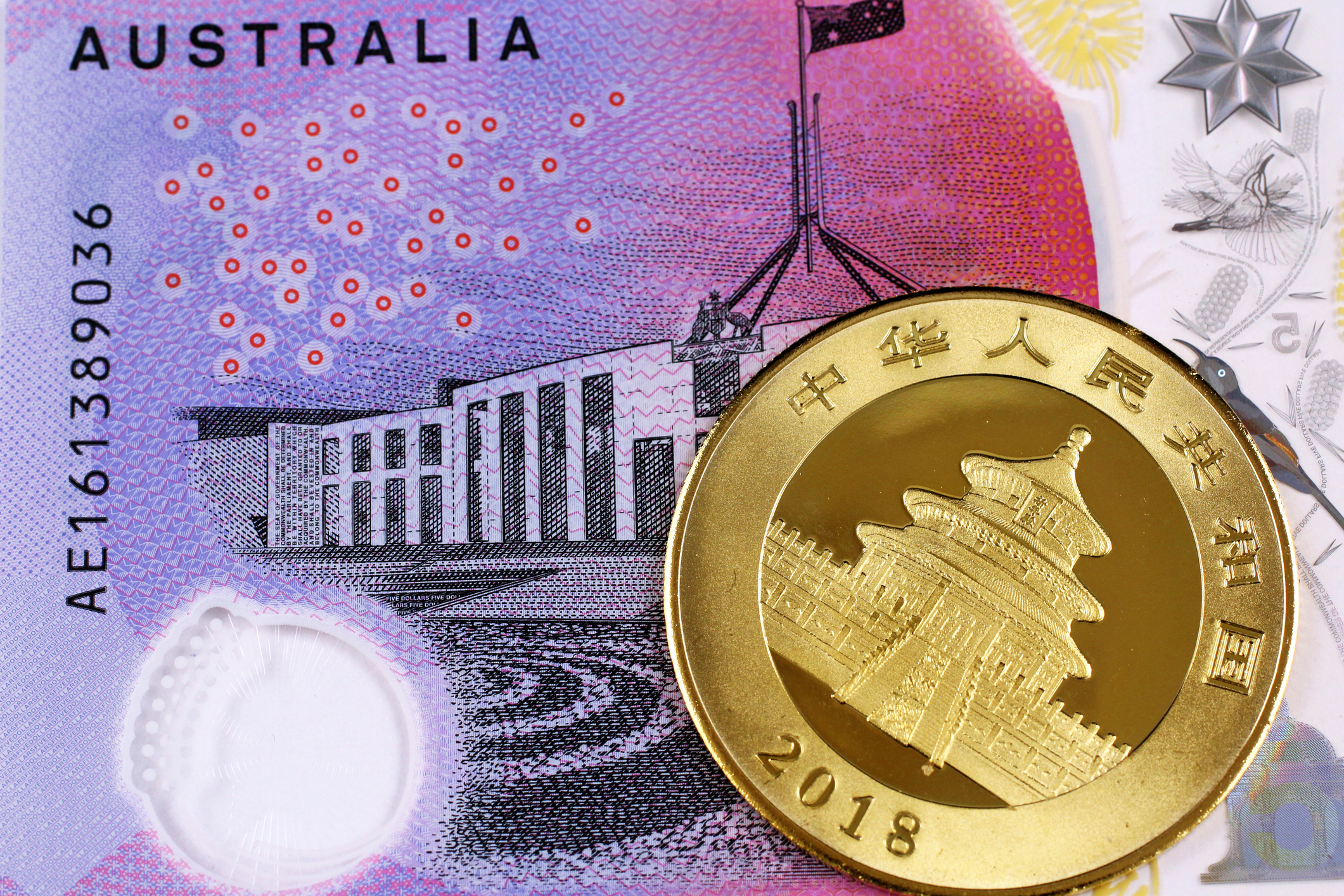
UTS Professor Tim Harcourt chief economist, Institute for Public Policy and Governance (IPPG) says don’t be fooled, fools.
“Labor will not be a soft touch towards China.
“But they’ll be different tactics. They’ll be more pragmatic engagement than megaphone diplomacy. And Australia will work with other like-minded powers in the region rather than going it alone.
“He says the approach of Albo will be more Gough Whitlam and Bob Hawke than any of the more recent PM’s. Neither Sinophile nor Sinophobe, a great respect for the Chinese people and Chinese culture, but a realistic assessment of China’s interests in the global economy and the need to protect the region and Australia’s national sovereignty and democratic ideals.”
He adds that while having Penny Wong as the first Australian Foreign Minister of Chinese heritage, will be an asset, as well as Richard Marles’ knowledge of the Pacific the tariffs have hit some exports hard, but sans an overwhelming overall macro-economic come down, but it’s the political fallout that both sets of leaders have to weather – the vitriolic rhetoric has hardened public consensus against Australia in China and vice versa.
Australia entered the dispute with justifiable trepidation. Its gross domestic product is less than a tenth the size of China’s, and as a commodity exporter (iron ore, coal, grains) it’s highly dependent on exports that feed the Chinese growth machine.
“Prime Minister Anthony Albanese has experience at the top levels of government and will have a good feel for pragmatic geo-politics.
Yu Lei , chief research fellow at the Research Center for Pacific Island Countries of Liaocheng University told the Global Times last week that in the 1990’s as Australia’s economic development stagnated then Singapore prime minister Lee Kuan Yew warned Australia was becoming the “poor white trash of Asia.”
But then came a rising China.
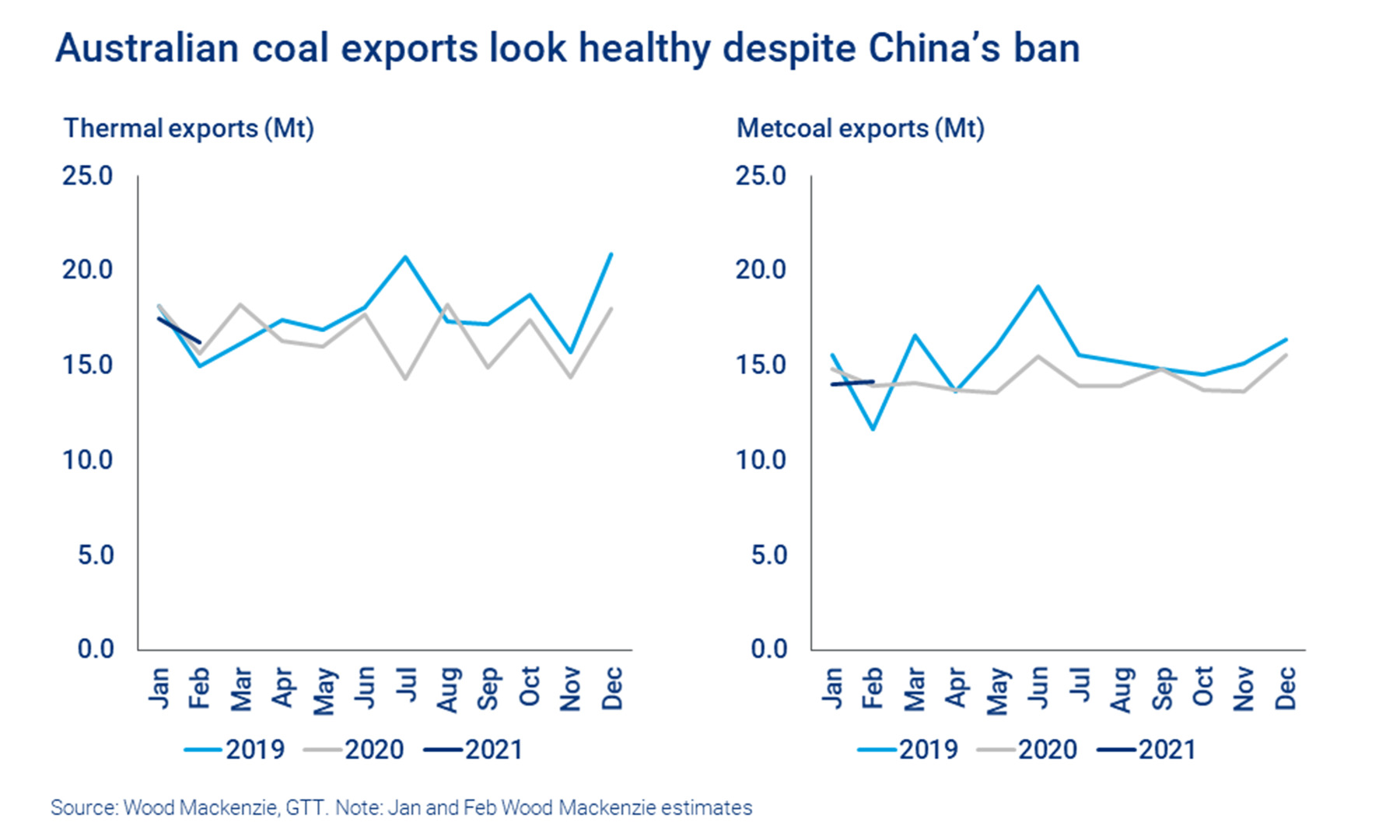
“But perhaps losing access to China’s market will make Lee’s warning come true. Only when Australia is in serious trouble can it reflect on itself and realise where its true national interests lie,” Yu said.
Finally on the defense front the Lowy Institute’s Sam Roggeveen wrote this, it’s great.
He says our plans show ‘vaulting ambition.’ (which o’er leaps itself and falls on t’other)
The government created global headlines in September 2021 by announcing AUKUS, a partnership with the United States and United Kingdom to deliver at least eight nuclear-powered submarines to Australia’s navy.
“Again, the signal was clear: you don’t need nuclear power unless you plan to operate far from your own shores for extended periods. And when you join the United States in such an endeavour, you’re clearly not planning to withhold this new fleet should America get involved in a scrap with China. Australia is thus tying itself to US plans to hem the Chinese navy in close to its shores.”
Roggeveen says it’s an “entirely unnecessary provocation” to Beijing.
“Yet there is no likelihood of radical change under the new Labor government, which in opposition had quickly expressed its support for AUKUS and which has promised to match the former government’s defence spending commitments.
But every change of government presents an opportunity for a reset, he adds.
“Labor has a chance to put Australia’s defence plans on a new footing and in the process send a less confrontational signal to Beijing.”
UNLOCK INSIGHTS
Discover the untold stories of emerging ASX stocks.
Daily news and expert analysis, it's free to subscribe.
By proceeding, you confirm you understand that we handle personal information in accordance with our Privacy Policy.








